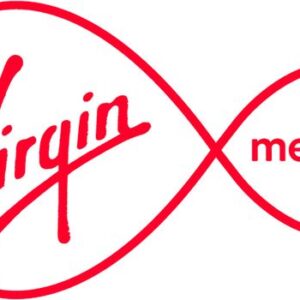We’ve seen historically high fossil fuel prices over the last few years, partly in light of the sanctions placed on Russia, following its invasion of Ukraine.
According to analysis by the RAC, however, major UK fuel retailers have failed to pass on the 5p per litre fuel duty cut that the government issued in 2022. Tesco, Morrisons, and Sainsbury’s all declined to comment to the BBC, while Asda pointed out that its prices were 4p cheaper per litre than average.
Cheaper or not, Asda is certainly cashing in. According to the RAC, the average retailer makes 16p of profit on a litre of unleaded and 12p on a litre of diesel.
For many people in the UK, buying fuel is a necessity not a luxury, but under our for profit economic model, businesses set prices for fuel in a way that will maximize profit for shareholders.
Even when we don’t directly need to buy fuel in order to travel, the unnecessarily high prices mean that it’s more expensive to transport all goods to the shops, which increases how much we pay at the checkout.
Under pressure from the Competition and Markets Authority, retailers agreed to set up a scheme to allow motorists to compare live fuel prices online.
While this will undoubtedly help some people to save money, it means forcing all drivers in Britain to go through the hassle of using the service to shop around, and potentially drive miles out of their way to get the best prices. Worse, it will only help those in more urbanised areas, who have a choice of retailers nearby.
Under a publicly owned economy that’s run to maximize human well-being, you could simply drive to your nearest petrol station and get fuel for the same price as anywhere else – a price that might even be subsidised.
But because the government is ideologically committed to regulating markets rather than eliminating them, the British people are stuck with this inefficient and expensive system that serves only to line the pockets of those who can afford to own the petrol businesses.
It’s time to transition to socialism.





